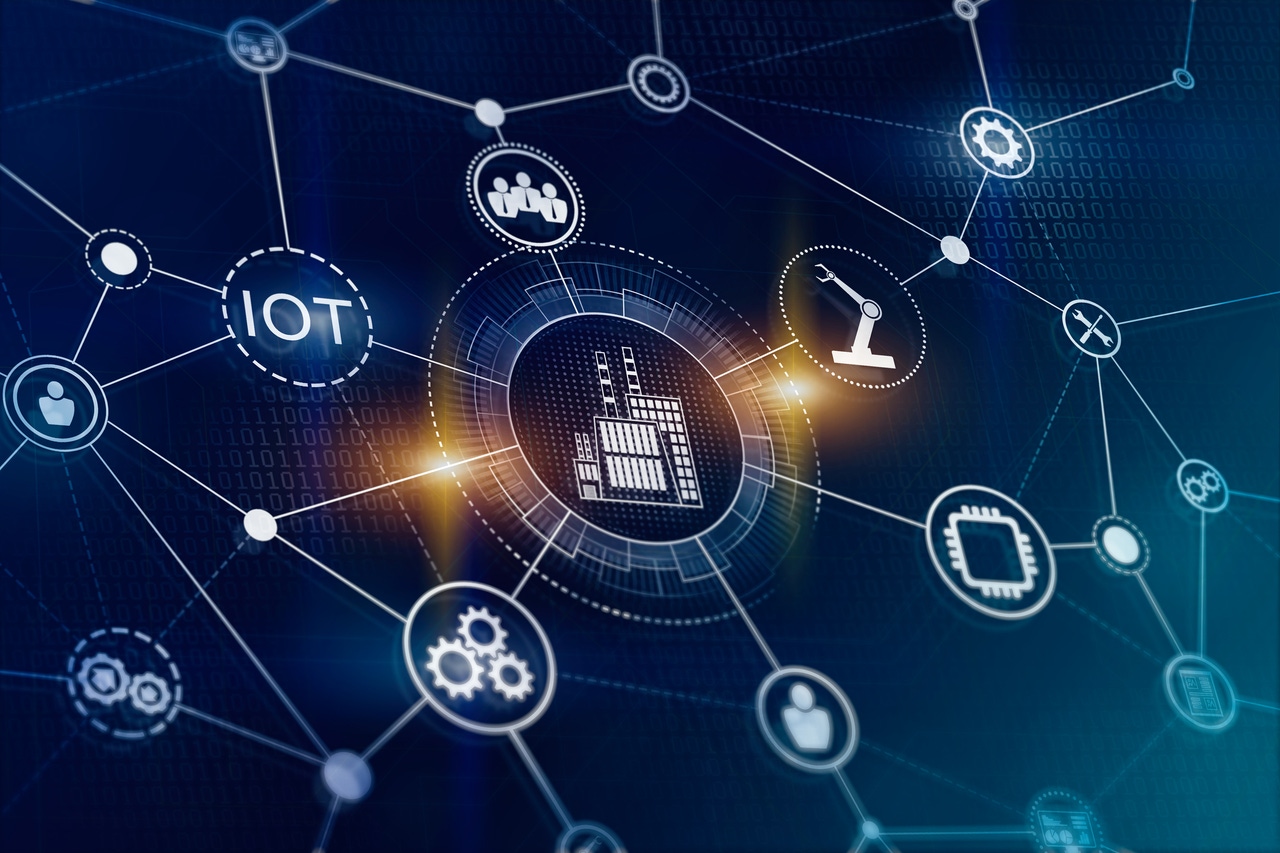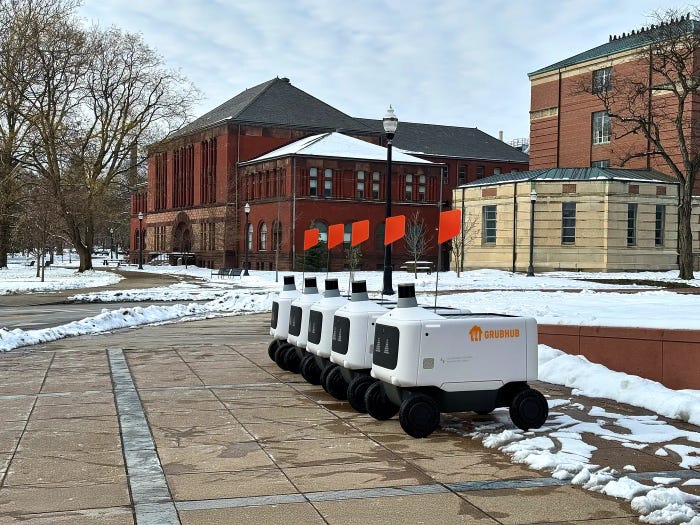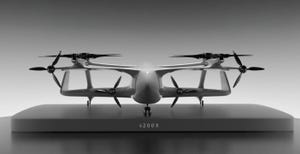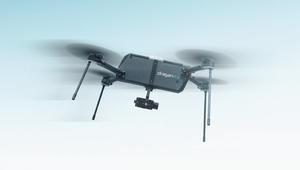
Artificial intelligence (AI) is transforming industries, driving autonomy and changing how businesses process and act on vast amounts of data. For companies looking to identify new growth opportunities, this evolution presents a significant opportunity. AI’s ability to analyze massive datasets at unparalleled speeds—and, in the case of deterministic AI, to make precise, data-driven decisions—provides a critical advantage. In sectors where uncertainty can hinder operations, this degree of precision is essential.
With labor shortages persisting across industries, particularly in roles demanding precision, safety and reliability, AI will be pivotal in bridging the skills gap. By leveraging real-time data insights and digital tools, AI enables workers to access actionable guidance and decision support, empowering them to perform at higher levels earlier in their careers. A less experienced technician can develop decision-making capabilities on par with a seasoned professional in a fraction of the time. This accelerated path to expertise not only improves workforce productivity but also ensures operations remain safe and efficient.
The Future of Industrial AI
Looking ahead to 2025, we expect to see continued momentum in the adoption of AI solutions tailored specifically to industrial use cases. The challenges faced in sectors like energy—whether in production, refinement, or distribution—can benefit greatly from AI tools that can deliver accuracy, reliability and real-time decision-making where even the smallest errors can have significant consequences. Off-the-shelf AI solutions often fall short of meeting these complex requirements. Instead, custom-built industrial AI will play an increasingly central role in addressing these challenges, driving efficiency and supporting growth across industries.
About the Author
You May Also Like


.jpg?width=700&auto=webp&quality=80&disable=upscale)
.jpg?width=700&auto=webp&quality=80&disable=upscale)

.jpg?width=300&auto=webp&quality=80&disable=upscale)


